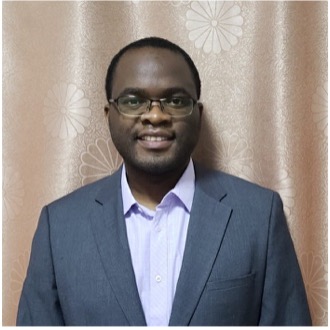
Prof Edmond Sanganyado
Young scientists are crucial in solving global challenges such as food insecurity, environmental degradation, water scarcity, and human diseases. However, they are often left out of national research priorities and science policy discussions.
A disconnected front-line of scientists is like a war room losing communication with front-line soldiers – dangerous and detrimental.
But to involve young scientists, our governments need to:
1. foster social capital,
2. create supportive institutions, and
3. maintain a strong science-policy interface.
What is stopping the Parliament of Zimbabwe from hosting events where young scientists from across Zimbabwe present their work to show the impact they have on economic development? Building social capital through networking, workshops and collaboration lays the foundation for cooperation.
“We all know of people who left their marriage because their spouse was no longer supporting them and their vision.” We can’t say we respect science when we don’t fund it. A supportive environment is critical, i.e. policies, funding and international opportunities must be in place.
Prof Sanganyado is passionate about bridging the science-policy interface, which he believes must be a continuous dialogue between scientists and policymakers, to ensure that policy decisions are informed by science, whilst research aligns with policy. “Continuing with my marriage analogy, said Prof Sanganyado, communication breakdown is often a sign of impending divorce. When spouses don’t communicate they are bound to have conflicting decisions.”
Investing in the next generation of scientists and technologists not only meets moral obligations but also lays the foundation for a sustainable, prosperous future. By engaging young scientists, developing countries can lead the way in applying frontier technologies to tackle global challenges. In a world of rapid technological change, young scientists are on the front lines. By listening to them, developing countries such as Zimbabwe can transform into knowledge economies and become regional leaders.
Biography: Edmond Sanganyado is the President of Zimbabwe Young Academy of Sciences (ZIMYAS) and an assistant professor at Northumbria University. He was previously an associate professor at Shantou University, China. His research focuses on fate and transport of environmental contaminants.
Contact: edmond.sanganyado@northumbria.ac.uk
Editor: Ben Chimukangara is a widely published medical research scientist, peer reviewer and blog editor. He is passionate about simplifying science communication for effective engagement with non-scientific communities.
